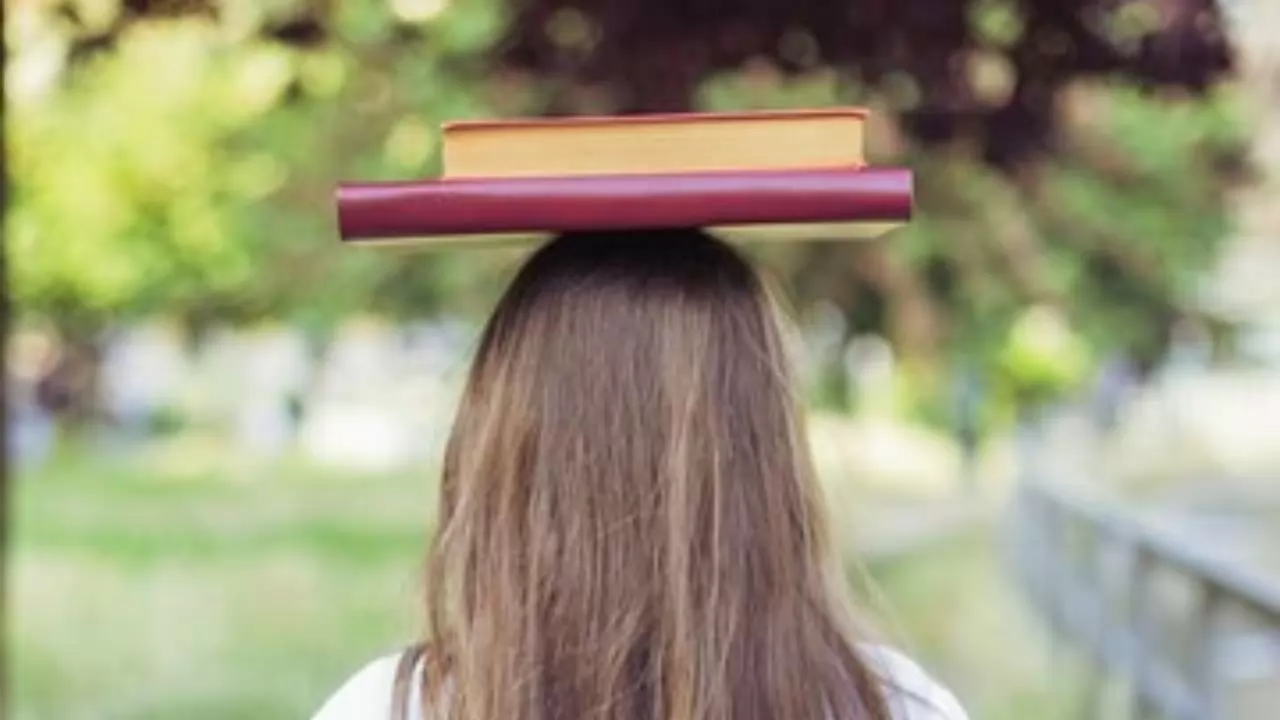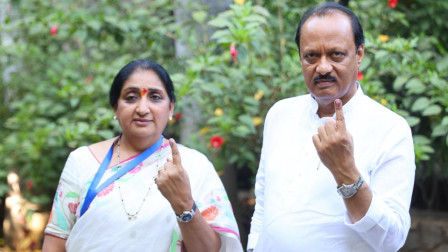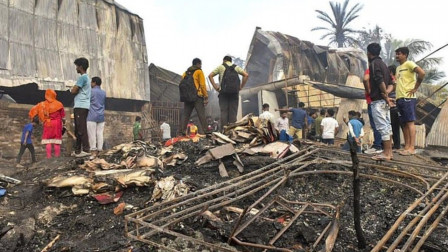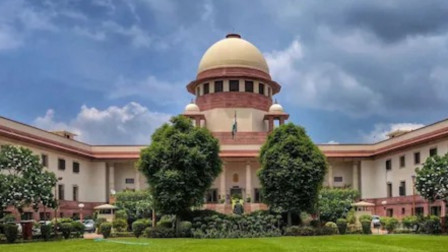
This incident serves as a crucial reminder of the challenges faced in modern educational environments and the critical role that teachers, parents, and society play in shaping the beliefs and attitudes of the next generation (X)
New Delhi: A disturbing incident has emerged from a school where a young Muslim girl expressed her feelings about a Hindu classmate, Pallavi, by stating, "When a very small Muslim girl in a school tells her teacher that Pallavi is a Hindu, I will beat her!" This alarming statement has gone viral on social media, sparking significant outrage and concern regarding the influences shaping young minds.
In response to the child's inflammatory comment, the teacher took the initiative to engage in a dialogue, emphasizing the importance of understanding and empathy. This interaction raises critical questions about what influences are instilling such divisive sentiments in children at such a tender age. The teacher's approach suggests a need for addressing prejudiced narratives that can take root in educational settings.
एक स्कूल की बहुत छोटी सी मुस्लिम बच्ची जब अपने टीचर से कहने लगेगी पल्लवी हिंदू है मैं उसे मारूंगी !!
— MANOJ SHARMA LUCKNOW UP🇮🇳🇮🇳🇮🇳 (@ManojSh28986262) September 24, 2024
फिर टीचर ने उससे बात किया आप पूरी बातचीत सुनिए और सोचिए कि इतने छोटे-छोटे बच्चे बच्चियों के अंदर जहर कौन भर रहा है !!
सोशल मीडिया पर वीडियो वायरल है !!#ViralVideo… pic.twitter.com/9bpz54JSKF
The rapid spread of this video on social media platforms has drawn widespread attention, highlighting the potential dangers of ideological indoctrination among children. Such sentiments can perpetuate cycles of intolerance and violence, leading to long-lasting societal divisions. The viral nature of the video serves as a reminder of the responsibilities educators and guardians have in fostering a more inclusive and compassionate environment.
As this incident raises concerns about the ideological messages being communicated to children, it underscores the necessity for schools to cultivate spaces where diversity is celebrated rather than feared. It prompts a reflection on the broader societal factors contributing to these toxic narratives. The educational community must take a stand to counteract harmful ideologies and promote values of respect, understanding, and coexistence.
This incident serves as a crucial reminder of the challenges faced in modern educational environments and the critical role that teachers, parents, and society play in shaping the beliefs and attitudes of the next generation. As the conversation continues, it is imperative to address these issues with sensitivity and a commitment to fostering a more harmonious society.








Copyright © 2026 Top Indian News
